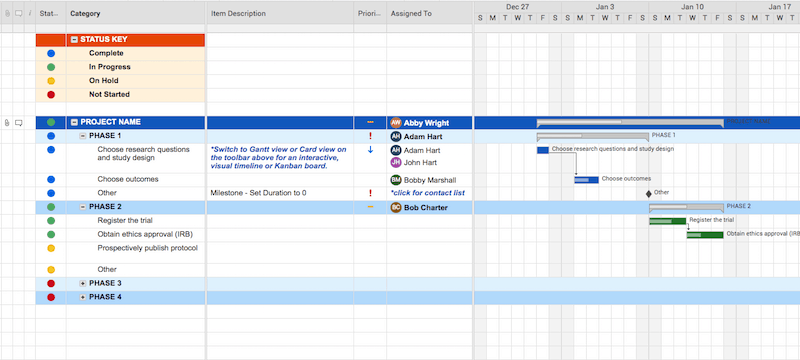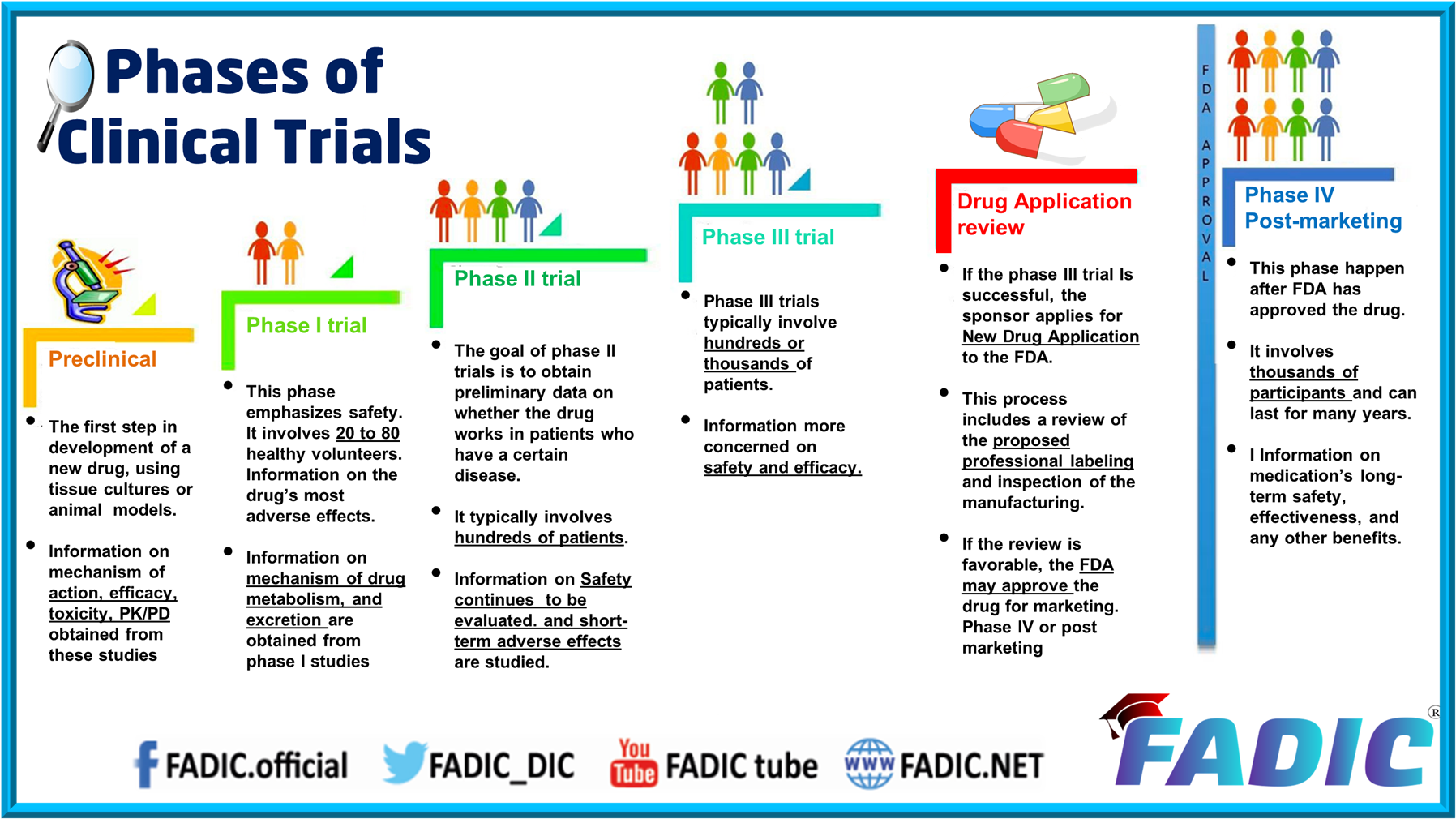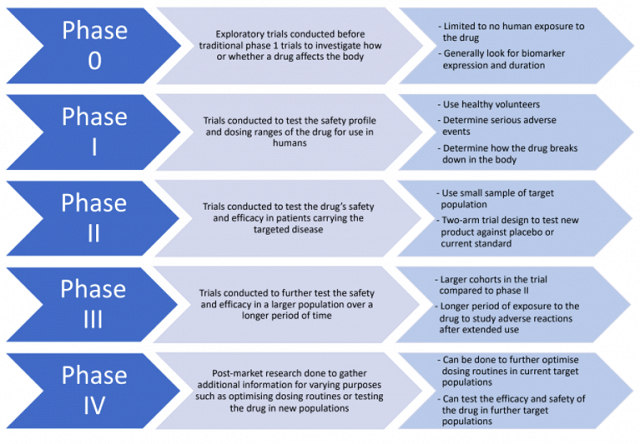

Furthermore, WCG does not only manage the sites’ IRBs, but it also provides many other services that help to accelerate trial startups.Ĭurrently, WCG has Master Service Agreements with more than 3,300 US institutions – hospitals, academic centers, and universities – and about 99% of independent or community practice sites. WCG IRB has a very close relationship with its sites, which allows it to better understand some of their site-specific behaviors. WCG Institutional Review Board (IRB) is used 75% of the time for those institutions’ clinical trials, regardless of whether it was chosen as the central IRB. As a result, 90% of all clinical trials are conducted at one of the top 50 institutions. Sponsors require highly qualified sites to conduct their clinical trials and site startup speed is incredibly important. Furthermore, 41% of physicians participate in only one clinical trial. In 2021, the number of investigators involved improved, perhaps due to increased awareness of the need for clinical advances during the pandemic, but the ratio of physicians to new trial starts has not gained much momentum. That is a major issue that the industry must try to resolve.īetween 20, there was a 34% reduction in the number of investigators that were participating in clinical trials. In the US, 97% of physicians do not enroll in clinical trials. That is the figure for research professionals, but physicians are also critically important stakeholders in these programs. Outside the US, about 44% of sites state that staffing is a concern.

They are also seeing staffing shortages in Europe, but not nearly as severe as the current US levels. Furthermore, there is a bolus of new studies coming into the pipeline and trials that cannot be started. The magnitude of this staff reduction represents an immense challenge, resulting in many sites having to put existing trials on hold or not being able to reopen trials they put on hold in 2020. That is not surprising as 19% of sites reported a staff turnover of 30% or higher. Towards the end of 2021, staffing became the primary concern at about 75% of the sites. In early 2021, sites stated that trial enrollment was their number one concern and staffing was second. That insight has been supplemented with WCG surveys conducted throughout 20. WCG has also been using them as a proxy to understand what is happening in research departments. The staffing issues that have occurred at hospitals and institutions are a cause for concern. A recent Becker’s headline reported that staffing was hospital CEOs’ number one concern for the first time in 17 years. An additional 21% of hospitals stated that they were teetering on the brink of critically low staffing levels. Then in late summer 2021, when COVID-19 vaccine mandates were implemented, that impacted another 1-2% of the hospital workforce and exacerbated the “site crunch.” 2īy the end of January 2022, news headlines reported that about 11% of US hospitals had reached critically low staffing levels, impacting not just their research departments, but also their ability to provide patient care. That 18% voluntary staff reduction came on top of the 12% reduction that occurred the year before, compounding the staff shortage. Dubbed “the great resignation,” these were voluntary actions, and almost one in five healthcare workers left their job. Then as trial initiations started to ramp up in 2021, another staff exodus occurred.

Early in the pandemic, in April and May 2020, when many elective procedures and clinical trials were put on hold, involuntary staff reductions (through layoffs, furloughs, and early retirements) occurred, amounting to about 12% of the workforce at the hospital or institutional site level. 1 Site Staff Shortagesīut while demand for clinical trial startups is increasing, the available staff to manage them is decreasing. Oncology trials had the biggest growth rate at about 23% year over year. When comparing figures year over year, that increase was even larger at 17.6%. While the COVID-19 pandemic resulted in many clinical trials being halted during 2020, there was still a 15.4% increase in new trial initiations between Q4 2019 and Q4 2021. Today’s clinical research landscape is growing, but pressures on clinical trial sites are growing faster. IBC Administration & Review Since 2000, we’ve provided Institutional Biosafety Committee services to nearly 800 institutions in 14 countries.IRB Review Services For more than 50 years, we’ve set the standard for IRB review through service, expertise, and innovation.


 0 kommentar(er)
0 kommentar(er)
